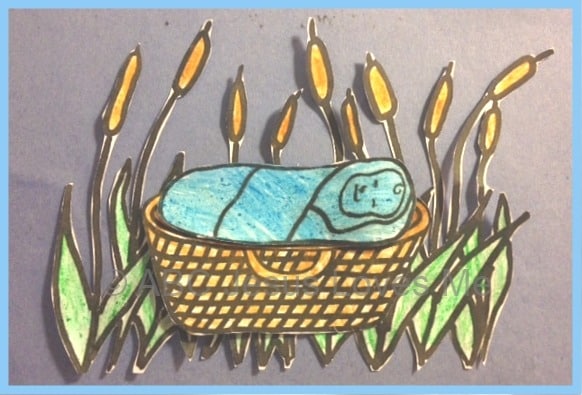Rev. Dudley Rose - August 11, 2019
An Ark in the Reeds

Loading Content...
The link has been copied to your clipboard; paste it anywhere you would like to share it.
Close
Scripture References: Exodus 2:1-10
Related Topics: Providence | More Messages from Rev. Dudley Rose | Download Audio

Rev. Dudley Rose
1 Corinthians 13:1-13

Rev. Lawrence Bergstresser
Isaiah 5:1-7; John 15:1-8

Rev. Dudley Rose
James 2:1–9, 14-17
© 2025 Hillside Community Church.
Site built with love by Small Steeple Web Builders.